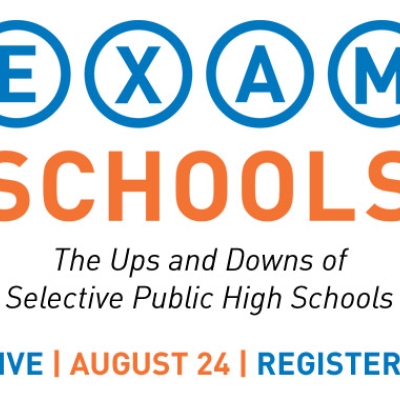As legislative sessions across the country continue to wind down, it's worth keeping tabs on some of the big private-school-choice proposals still under consideration. I've already covered the Mississippi education-savings-account proposal, which has the potential to be only the second such program after Arizona. There are also voucher proposals in Tennessee and Alaska that have been well covered elsewhere and may see passage this year. But one state providing a little bit of a late surprise is New York, where legislators are considering an Education Investment Tax Credit that could mean significant additional funding for public schools and privately run scholarship programs.
The latest version of the bill pending in the Assembly is smartly crafted to provide a little bit for everyone. First, individuals or corporations will be able to donate to eligible organizations in order to claim a portion (up to 75 percent of taxes owed or $1 million per filer, whichever is less) of the up to $300 million in dollar-for-dollar credits. Eligible contributions will be restricted so that they are split evenly between public-school programs and private-school scholarships for students living in households making $300,000 or less. A revised Senate version likely will place the income threshold at $500,000—the same income cutoff as Mayor deBlasio's proposal for tax hikes to fund prekindergarten. Under both versions of the bill, teachers could also receive a credit up to $200 for school supplies.
The proposal is especially interesting, not only because it is in a deep blue state with a Democrat governor and state assembly, but also because, if successful, it would provide a compelling argument for this particular approach to passing school choice.
According to the Becket Fund for Religious Liberty, there are thirty-seven states (including New York) with so-called Blaine Amendments, which are amendments to state constitutions barring state support of sectarian organizations. Many view these laws as enforcing a broad "separation of church and state," but they were typically designed to provide a legal justification for discrimination—usually against Catholics. Some state provisions are stricter than others, which do not necessarily prohibit private school choice altogether. That said, they do create hoops that designers of such programs must jump through.
But in some Blaine states, where restrictions are so tight as to make voucher programs impracticable, there are other options. One alternative of questionable usefulness is to, as with the aforementioned Alaska effort, attempt to repeal or modify the Blaine Amendment itself (a proposal to do this in New York in 2012 didn't go anywhere). While this option is attractive for its simplicity, the process for changing state constitutions is often just far too cumbersome. The other option is a tax-credit program, which typically passes state constitutional muster because the charitable donations being stimulated are private money, not public, and the charitable donations never hit the state treasury. Such programs already exist in Blaine states like Arizona, Indiana, and Georgia.
Supporters of the bill feel confident in both houses of the legislature; the Senate passed a similar bill in 2012, and the Assembly has roughly two-thirds of its membership signed on as cosponsors. Governor Cuomo has not yet indicated publicly whether he will include the plan in the final budget being negotiated in time for a March rollout. New York's Constitution, which includes gubernatorial item veto power, gives the governor, not known as a shrinking violet, substantial power to get his way. At this point, no one knows where the governor would come out on important details of any final proposal, however.
Despite providing up to $150 million for public schools, the state school boards association is against it, and the NYSUT's press release unsurprisingly, and in accordance with the union-mandated template, reads, "increased class sizes...ALEC...Koch brothers...Back-door voucher proposals...Defunding public schools...TAKE ACTION." Also unsurprisingly, advocates note the misleading nature of these well-worn claims.
Still, the proposal has momentum and might just pass before legislators hit the campaign trail later this year. In New York, of all places, it's good to see state leaders showing strong support for a proposal that could both expand options and provide additional funding for students who remain in traditional public schools. Legislators in the Empire State should pass this bill, and other Blaine states should take note, too.



